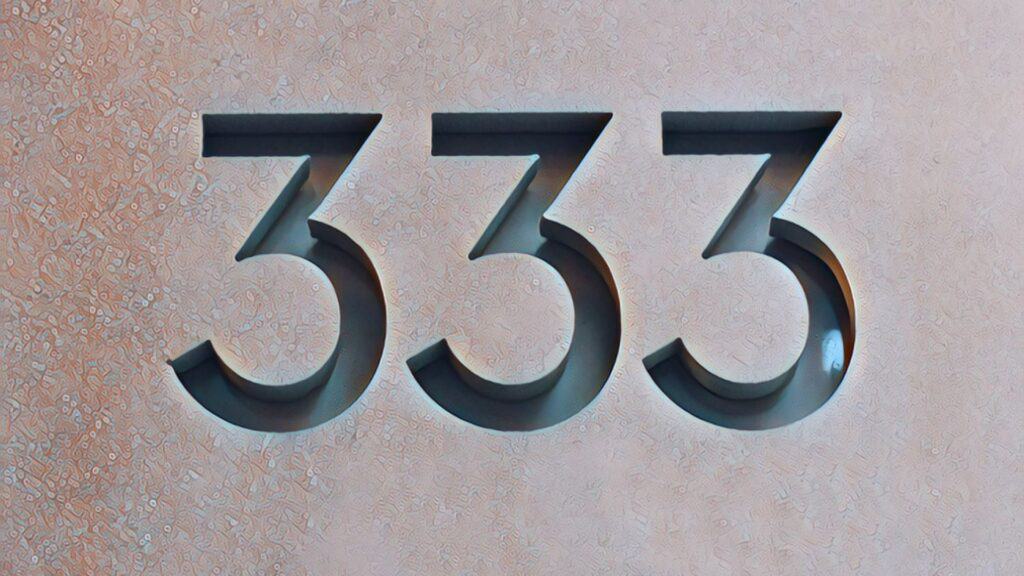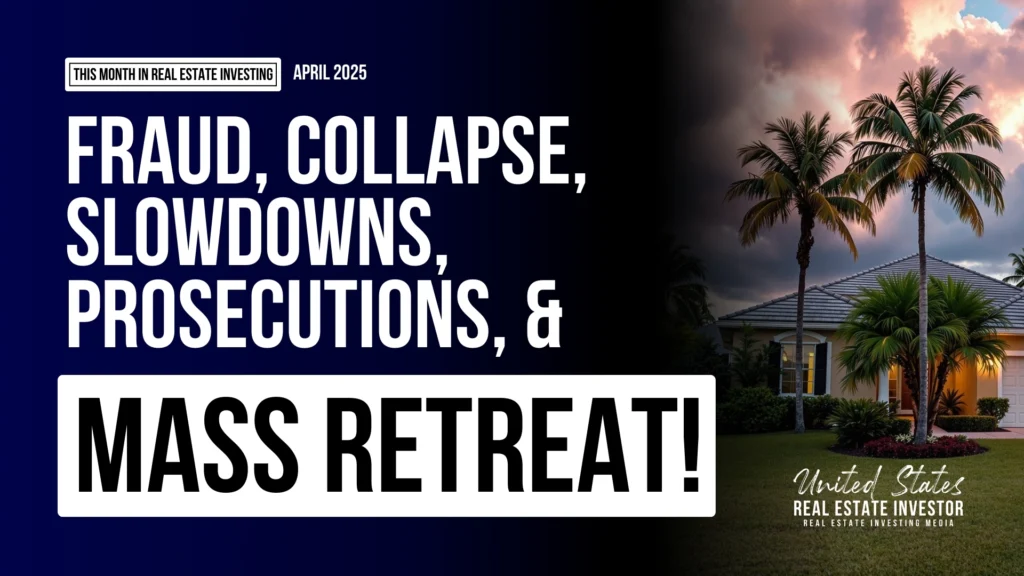Triple Net Lease (A Need To Know Pros & Cons Guide): Introduction to Triple Net Lease
In the commercial real estate industry, a Triple Net Lease (NNN) has become an increasingly popular type of lease for both property owners and tenants.
This guide aims to provide an in-depth understanding of triple net leases, their pros and cons, and how they differ from other lease structures.
Commercial real estate investors, property managers, and potential tenants alike can benefit from understanding this unique lease arrangement.
Definition and overview
A Triple Net Lease is a commercial real estate lease in which the tenant, typically a single tenant, is responsible for covering three primary expenses in addition to their base rent: property taxes, property insurance, and maintenance costs.
This type of lease transfers much of the financial responsibility from the property owner to the tenant, resulting in a long-term lease with a predictable, steady income for the owner.
Popularity In Commercial Real Estate
Triple net lease properties have gained popularity due to their attractive option for both property owners and commercial tenants. For investors, NNN properties offer a low-maintenance investment with a consistent revenue stream.
On the other hand, tenants benefit from the long-term stability of the lease, allowing them to build equity in their commercial space over time.
With this foundation, let’s delve into the components of a triple net lease and the pros and cons associated with this type of lease in the commercial real estate market.

The Components of a Triple Net Lease
A Triple Net Lease is defined by its unique structure, which requires the tenant to cover specific expenses in addition to their base rent. This section will outline the essential components of a triple net lease.
Base Rent
The base rent is the monthly rent agreed upon by the property owner and the tenant. This rent is usually lower compared to other lease types, such as gross lease agreements or modified gross leases, due to the additional expenses that the tenant will be responsible for.
Property Taxes
In a triple net lease, tenants are responsible for paying the property taxes directly to the local government or reimbursing the property owner. This ensures that the property owner is not burdened by the real estate taxes, and the tenant’s financial responsibility increases.
Insurance Premiums
Tenants under a triple-net lease are required to cover the property insurance costs. This insurance protects both the property owner and the tenant against potential losses due to events like natural disasters or other damages to the property.
Maintenance Costs
Unlike traditional leases, where the property owner or property manager typically covers the maintenance expenses, a triple net lease requires the tenant to bear these costs.
Maintenance expenses can include ongoing expenses like common area maintenance, repairs, and parking lot upkeep, as well as major repairs and improvements to the property.
Understanding these components helps investors and tenants make informed decisions when considering a triple-net lease property. In the next sections, we’ll examine the pros and cons of triple net leases for both investors and tenants, providing valuable insights into the advantages and challenges associated with this lease structure.

Pros of a Triple Net Lease for Investors
A Triple Net Lease offers several advantages for commercial real estate investors and property owners. These benefits make NNN properties an attractive option for those seeking a low-maintenance, stable investment.
Predictable Cash Flow
With tenants responsible for property taxes, insurance premiums, and maintenance costs, property owners enjoy a steady income stream without worrying about fluctuations in operating expenses. The base rent becomes a consistent source of revenue, enabling investors to plan and manage their finances effectively.
Lower Management Responsibilities
As tenants handle the majority of the property management tasks, including repairs, insurance, and maintenance, property owners have fewer responsibilities. This reduced involvement allows them to focus on other aspects of their investment portfolio or business.
Potential Tax Benefits
Some tax benefits may apply to investors in triple net lease properties, such as deductions for depreciation and mortgage interest. Additionally, a 1031 exchange can be used to defer capital gains taxes when selling one NNN property and purchasing another.
Hedge Against Inflation
Triple net lease agreements often include rent escalation clauses, ensuring the rental rate increases over time. This protects the property owner’s income from the effects of inflation and contributes to the investment’s long-term stability.

Cons of a Triple Net Lease for Investors
While there are clear benefits to investing in triple-net lease properties, it is essential to consider the potential drawbacks and challenges associated with this type of lease.
Limited Appreciation Potential
In some cases, the appreciation potential of NNN properties may be limited due to factors such as the tenant’s financial stability or the property’s location. Investors must carefully analyze the property values and market trends to ensure the investment aligns with their goals.
Tenant Default Risk
If a tenant defaults on their lease obligations, the property owner may be left with the responsibility of covering property taxes, insurance, and maintenance costs until a new tenant is found. This risk highlights the importance of vetting potential tenants and choosing those with strong creditworthiness.
Environmental Liabilities
Depending on the type of commercial lease and the specific property, investors may be exposed to environmental liabilities. It is crucial to conduct thorough due diligence to identify and mitigate any potential environmental risks.
Difficulty in Finding Suitable Tenants
Triple net lease properties typically attract single-tenant businesses such as retail stores, convenience stores, and shopping centers. Identifying and securing a suitable tenant with a strong financial background can be challenging, and vacancies can impact the property owner’s revenue stream.
RELATED CONTENT
In the following sections, we will explore the pros and cons of triple net leases from the tenant’s perspective, as well as factors to consider before entering a triple net lease and the types of properties suitable for NNN leases.

Pros of a Triple Net Lease for Tenants
A Triple Net Lease can also be advantageous for commercial tenants. Understanding these benefits can help businesses determine if this lease structure is suitable for their needs.
Long-term Lease Stability
Triple net leases often involve long-term agreements, providing tenants with stability and security. This allows businesses to invest in improvements and maintain their commercial space without concerns about relocating in the short term.
Control Over Property Management
Tenants in a triple-net lease have greater control over property management and maintenance. They can choose their preferred contractors and service providers, ensuring that the property is maintained to their standards.
Potentially Lower Rent Costs
Since tenants cover property taxes, insurance, and maintenance expenses, the base rent in a triple-net lease is usually lower compared to other lease types. This can be an attractive option for businesses looking to reduce their monthly rent costs.
Building Equity
By investing in improvements and property management, tenants in a triple-net lease can build equity in the property. This can be advantageous if the business decides to sell or sublease its commercial space in the future.

Cons of a Triple Net Lease for Tenants
While triple net leases offer several benefits for tenants, there are also challenges and drawbacks to consider.
Increased Financial Responsibilities
With the responsibility for property taxes, insurance premiums, and maintenance costs, tenants face higher financial commitments compared to traditional leases. This can strain a business’s finances, particularly if unexpected expenses arise.
Unpredictable Expense Fluctuations
Tenants may experience fluctuations in property tax rates, insurance costs, and maintenance expenses, making it challenging to budget and forecast business expenses accurately.
Limited Landlord Assistance
Since the property owner has fewer management responsibilities, tenants may receive limited support when issues arise. This can be a disadvantage for businesses that require more hands-on assistance from their landlord.
Challenges in Lease Negotiations
Negotiating a triple net lease can be more complex than other lease types, with factors such as rent escalations, property management responsibilities, and expense caps requiring careful consideration.
By evaluating the pros and cons of a triple net lease, tenants can make an informed decision about whether this lease structure aligns with their business goals and financial capabilities. In the next sections, we will discuss factors to consider before entering a triple net lease, the types of properties suitable for NNN leases, and comparisons with other lease types.

Factors to Consider Before Entering a Triple Net Lease
Before committing to a triple net lease, both property owners and tenants should carefully consider various factors to ensure a successful lease agreement.
Tenant Creditworthiness
Property owners should thoroughly vet potential tenants, checking their credit history, financial stability, and business performance. This reduces the risk of tenant default, ensuring a reliable income stream from the lease.
Property Location and Condition
The location and condition of the property play a significant role in determining its success as a triple-net lease investment. Properties in prime locations in good condition are more likely to attract stable, long-term tenants.
Lease Terms and Conditions
Carefully negotiating the lease terms, including rent escalations, expense caps, and maintenance responsibilities is essential to protect the interests of both the property owner and the tenant.
Market Trends and Economic Factors
Understanding market trends, property values, and economic factors can help both investors and tenants make informed decisions about entering a triple-net lease.
This includes evaluating the current commercial real estate market, local economic conditions, and the potential for growth or decline in property values.

Types of Triple Net Lease Properties
Various commercial properties are suitable for triple-net lease arrangements, attracting different types of tenants.
Retail Properties
Retail properties, such as shopping centers, convenience stores, and standalone retail stores, are common candidates for triple-net leases. These businesses often require a long-term lease to establish their presence in a location.
Industrial Properties
Industrial properties, such as warehouses and manufacturing facilities, can also benefit from triple net lease agreements. Tenants in these properties typically have specialized needs and require control over property management and maintenance.
Office Buildings
Office buildings, particularly single-tenant office spaces, can be ideal for triple-net leases. Companies that occupy office space under a triple-net lease can customize and maintain the property according to their needs.
Medical Facilities
Medical facilities, such as clinics, diagnostic centers, and specialized medical offices, can also benefit from triple-net lease agreements. These tenants usually require long-term stability and control over property management to meet industry regulations and standards.
In the next section, we will compare triple net leases with other common lease types, providing a comprehensive understanding of the various options available in the commercial real estate market.

Triple Net Lease vs. Other Lease Types
Understanding the differences between triple net leases and other common lease structures can help investors and tenants choose the best option for their needs.
Gross Lease
In a gross lease, the tenant pays a fixed monthly rent, and the property owner covers property taxes, insurance premiums, and maintenance expenses. This lease type is more common in residential leases and offers tenants a simpler rental structure with fewer financial responsibilities.
Modified Gross Lease
A modified gross lease combines elements of both gross and triple net leases. Tenants pay a fixed base rent and a portion of the property’s operating expenses, such as property taxes, insurance, and maintenance costs. The specific allocation of these expenses is negotiated between the property owner and the tenant.
Absolute Triple Net Lease
An absolute triple net lease, also known as an absolute net lease, is a more rigid version of a triple net lease. In this lease type, the tenant is responsible for all property expenses, including major repairs, such as roof replacements or structural damage.
This lease structure offers property owners even more protection but may be less attractive to potential tenants due to the increased financial burden.
Comparison and Evaluation
When evaluating lease options, both property owners and tenants must consider factors such as financial responsibilities, management control, and lease flexibility.
By comparing the pros and cons of each lease type, investors and tenants can make informed decisions about which structure best aligns with their goals and financial capabilities.

Frequently Asked Questions about Triple Net Leases
In this section, we will address some frequently asked questions about triple net leases to provide further clarity and understanding.
Q. How is the base rent determined in a triple-net lease?
A. The base rent in a triple-net lease is determined through negotiations between the property owner and the tenant. Factors such as the property’s location, size, condition, and market conditions can influence the rental rate. The base rent is typically lower than in other lease types due to the tenant’s responsibility for additional expenses.
Q. Can a property owner sell a property with a triple-net lease in place?
A. Yes, a property owner can sell a property with a triple-net lease in place. The new owner will assume the existing lease agreement and continue to receive the rental income from the tenant. Triple-net lease properties can be attractive to potential buyers due to their steady income stream and low management responsibilities.
Q. Can a triple net lease be terminated early?
A. The termination of a triple net lease depends on the specific lease agreement and the terms negotiated between the property owner and the tenant. Both parties may include termination clauses or buyout options in the lease agreement, allowing for early termination under specific conditions. It is essential to consult with legal and real estate professionals when negotiating lease terms to protect your interests.
Q. How are property expenses calculated and paid in a triple net lease?
A. In a triple-net lease, tenants are responsible for property taxes, insurance premiums, and maintenance costs. These expenses are usually paid directly by the tenant or reimbursed to the property owner. The lease agreement should outline the specific payment terms and procedures for these expenses.
By addressing these common questions, we hope to provide a comprehensive understanding of triple net leases and their implications for property owners and tenants in the commercial real estate market.
Whether you are an investor or a business owner, considering the pros and cons of triple net leases and comparing them to other lease types is essential to making informed decisions about your commercial property investments and lease agreements.

Conclusion: Weighing the Pros and Cons of Triple Net Leases
Navigating the world of commercial real estate leases can be complex, with single net lease, double net leases, and triple net lease agreements among the various options available.
Understanding the benefits and drawbacks of each type of net lease, as well as the differences between standard lease structures, is crucial for making informed decisions about your commercial property investments.
Assessing Investment Goals and Strategies
Before committing to a triple-net lease structure, it is essential to evaluate your investment goals and strategies. Consider factors such as the long-term stability of rental income, additional costs, and square feet of the property.
Assess whether a triple net lease is a good idea for your specific situation, taking into account potential risks, such as natural disasters and repair costs.
Identifying the Right Property and Tenant
The success of a triple net investment depends on the type of property and the quality of the tenant. Ensure that the property is in a prime location and that the tenant has a strong financial background.
Compare different types of leases and the expenses of the property to identify the most suitable lease term and structure.
Legal Considerations and Expert Advice
Navigating the complexities of commercial real estate leases, including net lease pros, triple-net lease agreements, and gross lease agreements, requires expert advice.
Consult with legal and real estate professionals to understand the implications of each lease structure and to protect your interests.
The Importance of Due Diligence
Conducting thorough due diligence is crucial when considering any investment property, including NNN lease properties and triple net investments.
Investigate the property’s condition, similar properties in the area, and the potential for appreciation. Assess the risks associated with absolute triple net leases and consider the impact of common areas and other expenses on the investment’s profitability.
By carefully weighing the pros and cons of triple net leases, assessing your investment goals and strategies, identifying the right property and tenant, and seeking expert advice, you can make informed decisions about your commercial real estate investments.
Ultimately, this will help you to maximize the potential of your investment property and ensure a successful triple net lease agreement.
No related posts.





















